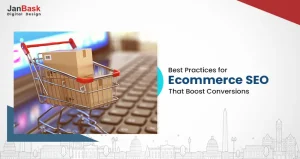
COVID-19 taught us that there are alternatives to traditional selling, and after 2020, those alternatives became the norm, one of which is the digital marketplace. Whether you’re a seasoned online seller, a newbie, or looking for business diversification, your products can find cross-border buyers willing to pay your desired price from whichever platform you deem fit. Not only can you supplement your primary source of income through online selling, but you can also turn it into a profitable business if done right.
But wait a minute, does all of this sound too good to be true?
Indeed, you must have now begun looking for the catch in our promises of extra passive income. Online selling has its caveats: simply setting up a website or creating an account on a marketplace won’t cut it if you have a particular benchmark in mind. You might need to use a mix of the right strategies and tactics to turn your online business into a profitable venture. Don’t be afraid of having more skin in the game; read on to understand what you can do better than other sellers to make your business truly shine online!
Today, a large percentage of shoppers around the globe prefer online shopping over in-store. U.S. businesses lead this trend, with 43% of consumers preferring to shop online.
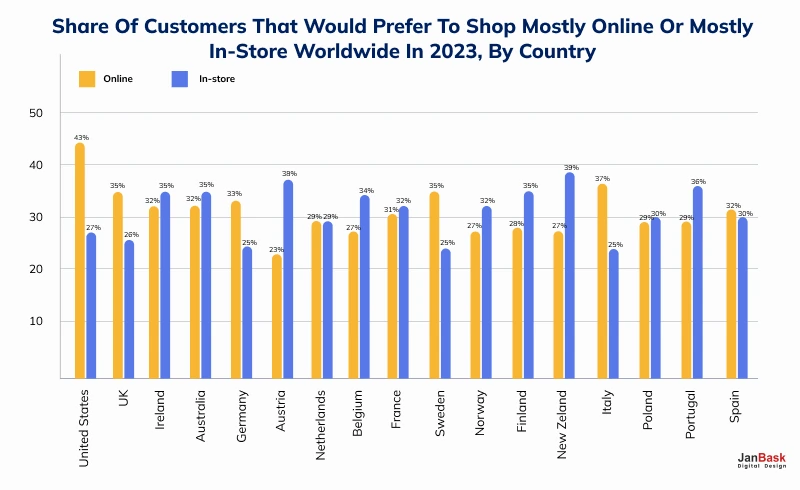
If you’re still unsure about setting up your online business or migrating your traditional business online, some relevant statistics might ease your doubts.
The numbers couldn’t be more apparent. Unless you swiftly set up your online store and a multi-channel marketing strategy, you’ll lose out on many potential customers and the profits they’ll bring.
However, you may still wonder whether your product will find customers online and the ROI of your online store establishment and promotions. Don’t worry; we’ve got you covered and will address these concerns now.
Your business undoubtedly hinges on your product. While it may have found a loyal customer base offline, you might want to know whether the same success can be replicated online. Don’t worry because your eCommerce sales may surpass your in-store ones.
You must know that regardless of your product niche, you will get access to nearly unlimited demand from a global customer base, promising heightened revenue. Regarding scalability and cost of operations, these temporary issues can be solved with the right approach and strategy, with some external help.
Moreover, the costs of setting up an online store are minimal compared to selling in-store, where you must pay your staff and maintain your store for a physically pleasant shopping experience. Furthermore, you can retain customer data every time someone makes a purchase from your online store to present them with discounts and offers per their preferences, maximizing your chances of selling. Can a brick-and-mortar store ensure the same data to maximize your revenue? Probably not. See for yourself what market analysis proves about the profitability of selling online.
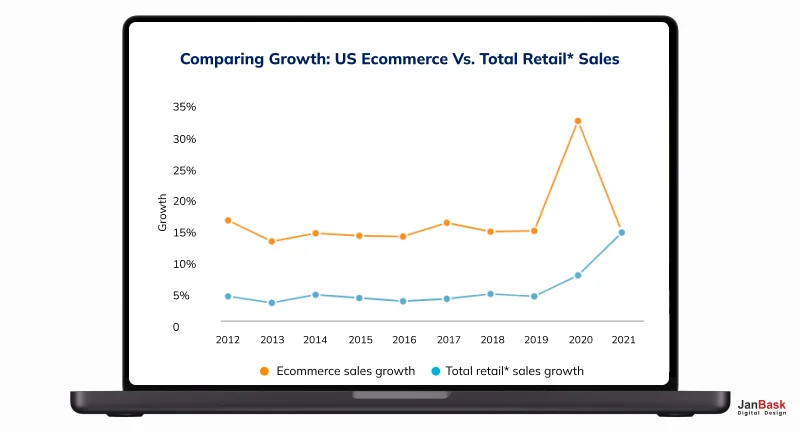
Hoping that you’re convinced about the proven track record of eCommerce so that we can now get to the crux of the matter.
Ready to Transform Your Online Selling Skills?

Selling online might seem simple, but seasoned sellers will have differing views. You must undertake some research and planning to make the most of setting up your online store, lest all your efforts could be better. Go through our carefully curated list of instructions below to come out fully enlightened and wiser about how to start an online store:
You must identify the product niche your target customers will most likely purchase. Moreover, how you source your products will also add to your overall costs, so you must be clear about which category’s criteria your product fits. Take a look at some of the most top-selling categories online.
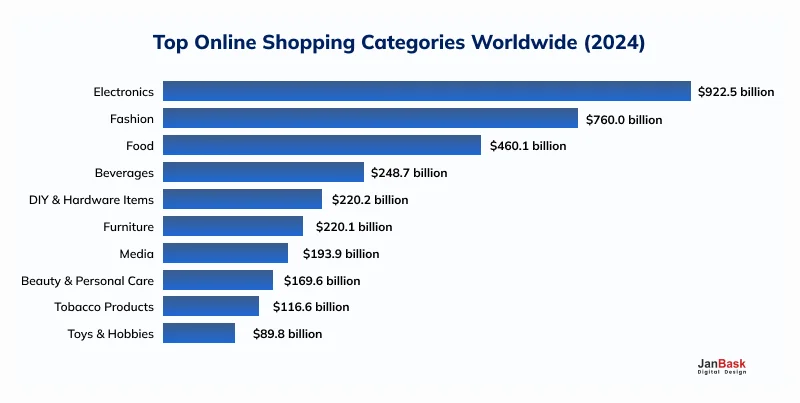
While some product categories are self-explanatory, such as fashion, food, electronics, etc., we’ll explain some more ambiguous ones for your benefit:
Although the categorizations above can help get started, the problem must be solved when selling various products. However, you can go through the following list to ease your problems:
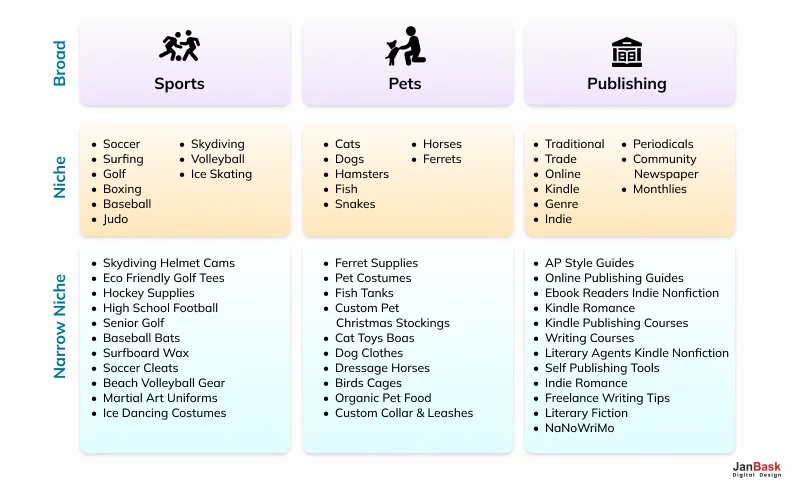
When stripped to the core, a niche is a group of people you understand and don’t mind catering to. Going further, it can be an intimately connected community addressing the needs of which takes up a considerable chunk of your day. If you want further help understanding your niche, start by asking yourself these questions:
If your answer to these questions has been a yes, congratulations! You’ve found your niche, and most of the work is done. But to ensure that you profit from monetizing your skills, your offerings must be of premium quality, with crystal clarity on pricing strategy, customer locations, and shipping methods. Unless you genuinely know who you’re catering to, all your ambitious plans will fail. This brings us to the following key factor.
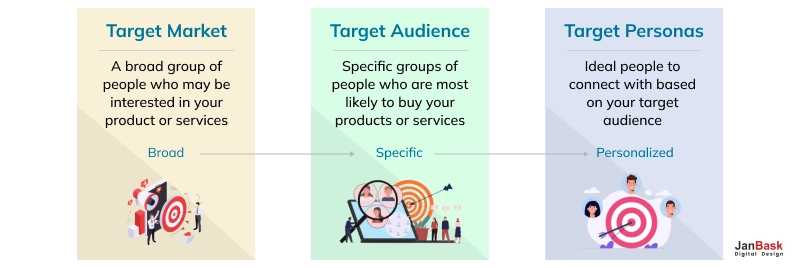
The best part about selling online is that you can collect data to help determine who or who isn’t interested in your offerings and why. Even better, you can use the right strategies to convert all your website visitors into loyal customers at any stage of their buying journey. Google and several other online platforms already have several free courses on how to get all of this done if you own an online business. But if you don’t have the time to teach yourself the skills for finding and converting your target customers, we’ve still got you covered. Simply categorize your current and potential buyers into the following:
Take a look at how audience mindset can be gauged simply by how they behave online:
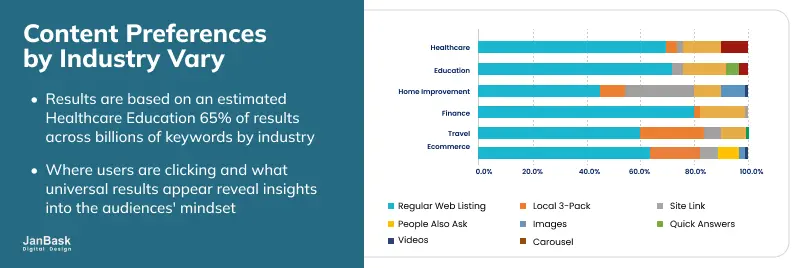
You can finally set up your online store by following the steps above.
In the ultimate step of your preparation phase, with all your goals clear, you can now set up your online store to start selling your products. But, doing so is easier said than done, considering you must implement the right web design, SEO strategies, content and branding, and other tools to attract your target audience. If you’re new to it all, you might need professional help or self-learning. After all, eCommerce web development, marketing, and selling are not child’s play!
Despite eCommerce's many benefits, we don’t want to. to lure you into a magical fantasy land where all your dreams come true because online selling is anything but this. It takes considerable grit, knowledge, and resilience to turn your online selling dreams profitable, lest you join the long list of startups that tried but failed. We don’t wish to deter you, but make sure you know specific challenges beforehand so you can address them on the go.
Doing everything yourself might grant you greater ownership of your online business, especially if it is small and brings limited revenue. In the initial days, it pays to teach yourself to manage SEO, web design (if you want an eCommerce website), and marketing, among other things. However, if you let professionals deploy their dedicated departments to run your business, you can undoubtedly reap greater rewards in less time and with more efficiency. The only downside is that a professional agency might charge you more, but that’s the price you would have to pay for their years of experience. If you’re considering an agency to do your job, you might want to consult JanBask’s eCommerce development services, which has a diverse client portfolio, years of experience, and skilled professionals. Furthermore, they have reasonable project costs depending on complexity, size, and scale that can be renegotiated anytime.
On the other hand, if you are considering a third-party platform, you will already have limited access to the features necessary for setting up and running your online business. Still, you will not get any further, especially in gaining organic traffic to dominate search engine top ranks. Third-party platforms may also demand hidden charges and commissions for every purchase. It's not the long-term investment that you think they might be.
However, if third-party platforms best suit your current needs despite the pitfalls, we have you covered here, too.
Like literal real-life markets, online marketplaces are websites where individual sellers can display their products and prices while addressing customer queries. That’s it. No unique customizations or any other features that will help you differentiate from your competitors. Moreover, whenever someone purchases from you, the marketplace will take a percentage of sales proceeds as a commission for hosting your products. In return, you can access a pre-established customer base that frequently visits the marketplace and might happen to chance upon your displays. If this idea appeals to you, you can get started with any of the following:
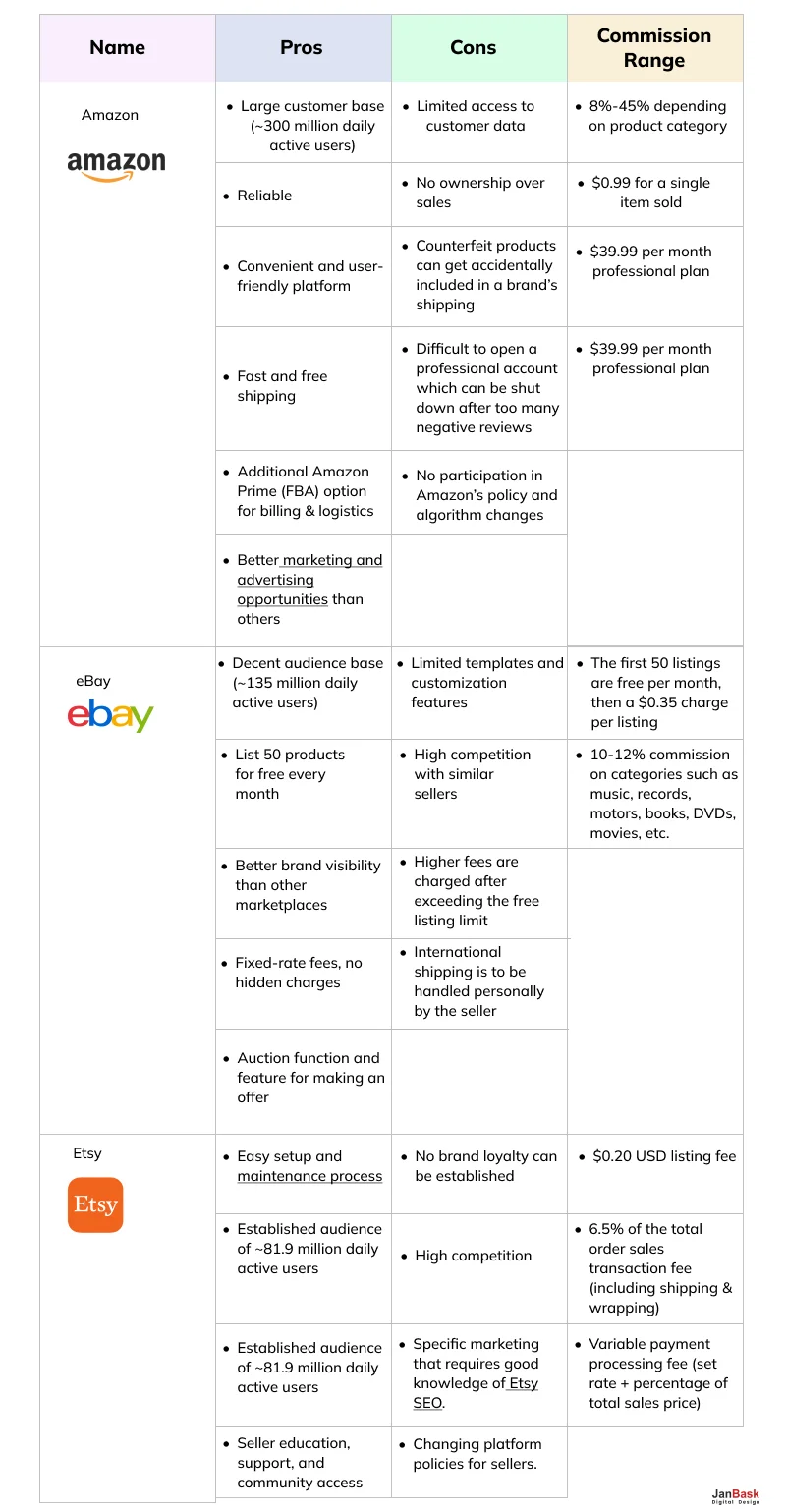
If you’re not interested in selling your product on a digital marketplace, you can try selling on an eCommerce platform.
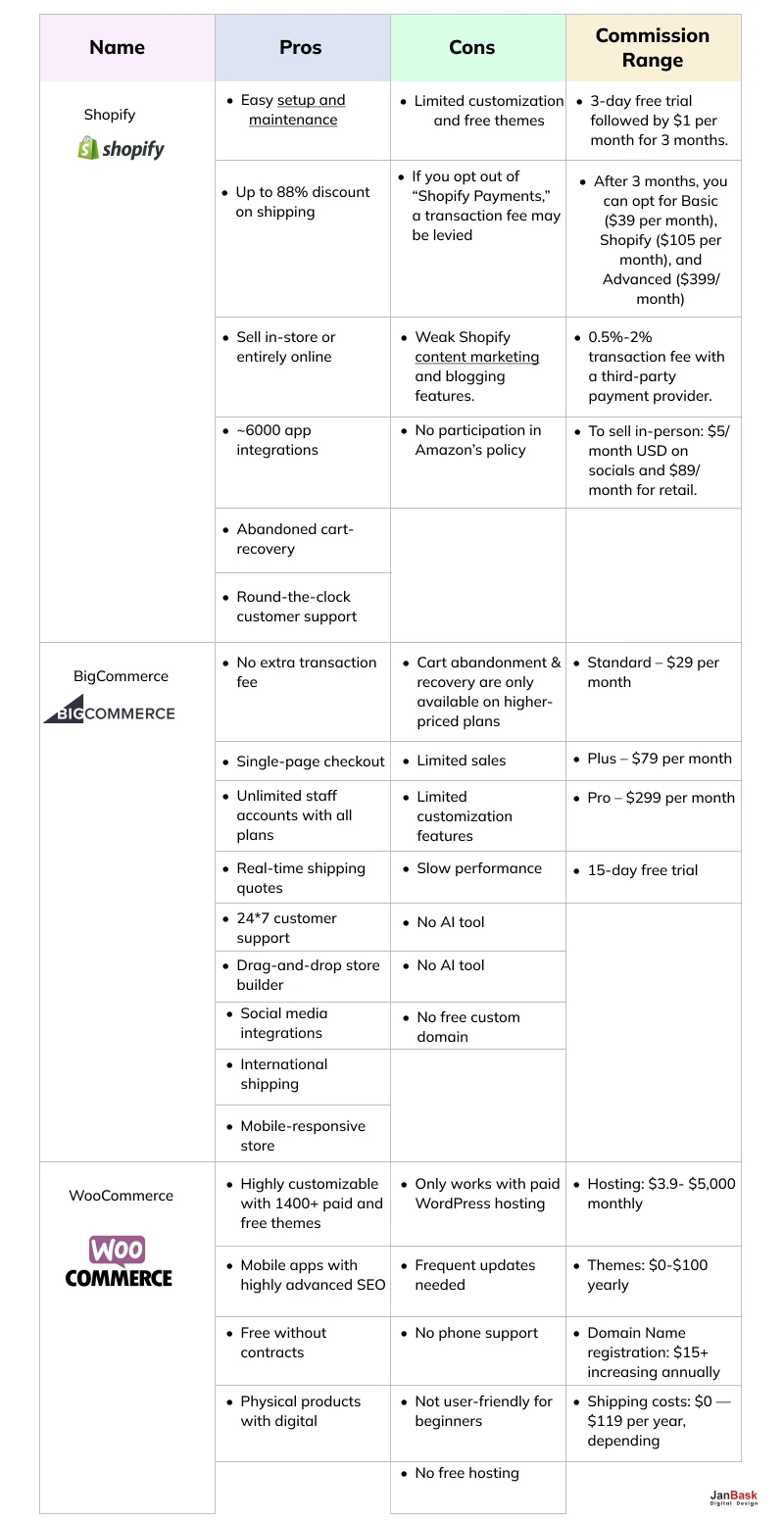
Now that we’ve covered the most popular platforms for selling online, here are additional facts you must know before you leap into selling right away!
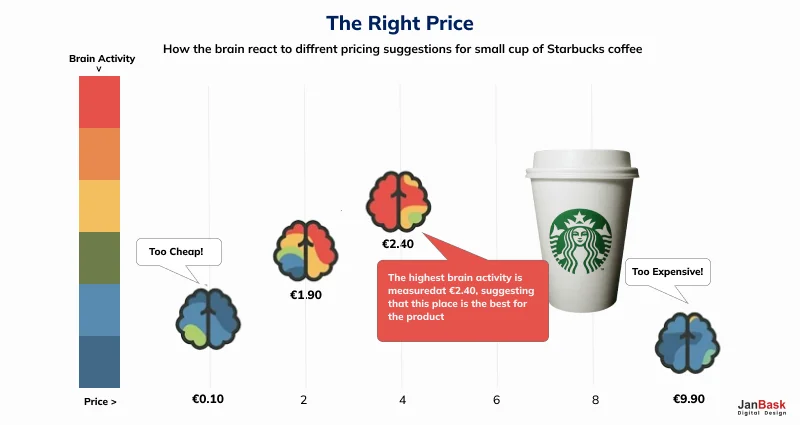
Remember we talked about how your eCommerce venture’s success depends on your product? Add another factor to the mix- your unique pricing strategy. If you want to overtake your competitors in low-stakes-high-competition eCommerce platforms that we mentioned above, then you should offer value at a fair price. If you’ve shopped for something online yourself, you must be aware that between two similar products with nearly the same features, the lower-priced option is the better value for money more often than not. However, if you are selling something premium that your competitor does not, for example, sustainably-sourced cocoa bar as opposed to their non-sustainable one, you can price yours higher. Remember your pricing strategy should be:
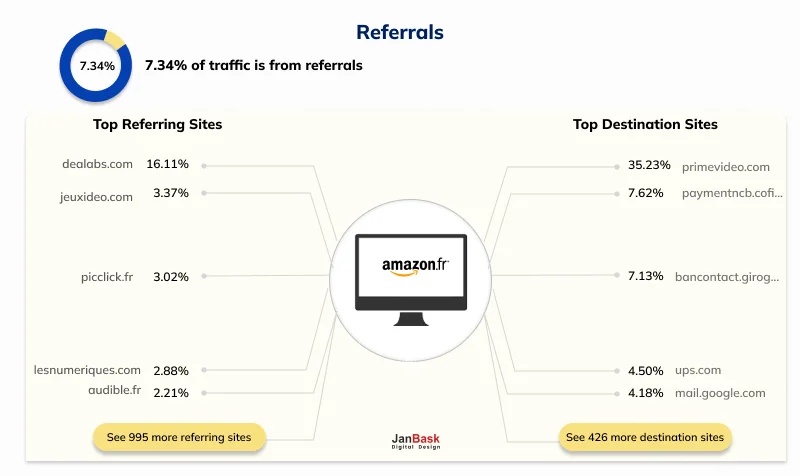
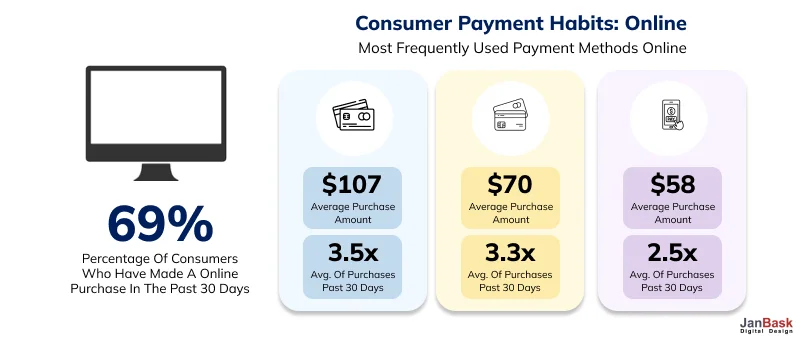
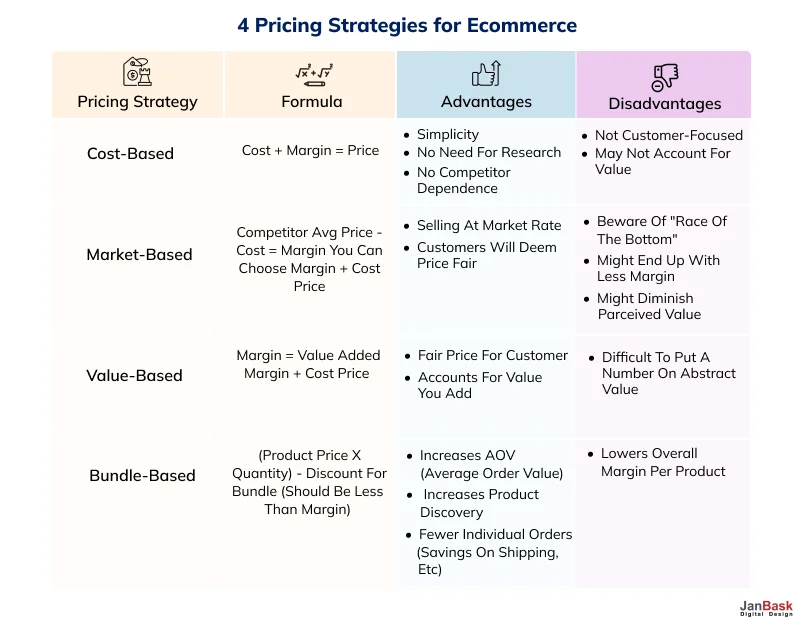
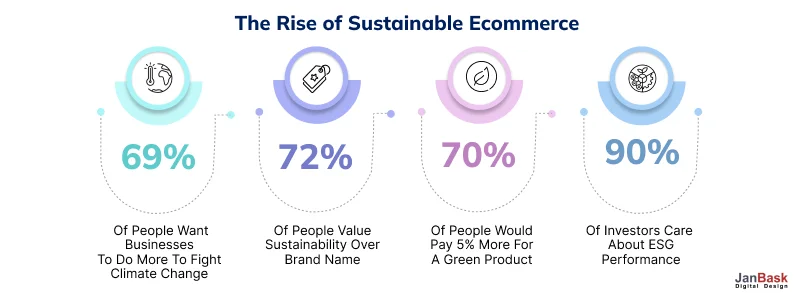
More consumers are concerned about their carbon footprint and the impact of their choices on the environment. This jnfluences their shopping behavior online where they consciously pick sellers with a sustainable selling practice (another pricing factor to consider!) You can easily incorporate sustainable selling and shipping practices into your strategy by avoiding wastefulness through inventory demand sensing, eco-friendly packaging, and using recyclable & reusable materials.
The best online selling place depends on what your products are or who they are targeting. Amazon, eBay, Etsy, and Facebook Marketplace are famous sites. However, their characteristics are different and designed to fit different sellers' needs. If you are a seller looking for a large customer base, go for Amazon, but if you deal only with handmade items, then go for Etsy. For sellers like yourself who want to associate with like-minded people, please select the appropriate site given your consumer group.
The best method for e-commerce success is ensuring your product listings are well-optimized, using social media marketing, and directly interacting with your customers, which may include engagement and other forms of involvement. You may also want to consider "dropshipping" if you have limited inventory so as not to risk being left without stock at any point in time, or perhaps create your shop on Shopify if you want more control over it. It would help if you also had an effective advertising campaign using search engine optimization (SEM) and email marketing, which are less expensive than other traditional forms of advertisements like TV ads or print media. Consistency supported by excellent customer care service can lead to success. That's why you should always remain consistent in what you do while offering or delivering exemplary customer care services, which will consequently enhance your business' performance significantly. Consult your outcomes frequently to adjust your approach as needed.
You've got tools like Facebook Marketplace and Craigslist to sell things online without paying a dime. There are platforms where you can list your items for free but with some attached prices. However, you may need capital and effort to create a worthwhile brand name. Certain websites would require payment from users based on additional functions that they offer. In contrast, others won't charge any fees except those required when buying, found in fine print and overlooked by many individuals. This is when someone pays more after they have already paid less just because he didn't know everything at once, increasing the total sum spent without realizing it. Starting with no-cost options can be used to get an idea of online selling.
To start selling your products online, you have to think about what you are going to sell, find out more about your target customers, and pick the platform that may be the most convenient for your case among all these platforms like eBay, Facebook Marketplace, etc., Then, create ads that are appealing to buyers by putting clear pictures and descriptions about your products; after that, share them over social networks or with your friends so they can assist you in promoting them further. Also, keep track of sales and change tactics if necessary.
The cost to start selling online can vary greatly depending on your chosen platform. Some marketplaces charge for listings or sales while hosting fees are charged for your website. However, budgeting for marketing and inventory management is advised. You can start with little to no upfront investment on platforms like Facebook or Craigslist. Consider estimating initial costs using your chosen selling method.
Some disadvantages of online sales are competition and selling charges that may occur. Sellers can encounter problems such as fraudsters who pretend to buy items but leave bad remarks about their stores, thus affecting their ratings adversely. Some things need to be corrected during delivery, such as cost issues regarding money spent on transportation and time taken for delivery. Besides, running an e-business full-time demands consistent effort and concentration from entrepreneurs who have never done this. Like many other things, making money online takes time; many people have settled on it as a part-time job. In the beginning, however, it will be difficult for you, but things will quickly fall into place once everything is set up well.
Selling items has no complications on Amazon store until you understand what goes into how it operates. Optimizing description is one way of putting up products for sale at competitive prices, while inventory management involves keeping stocks low at all times. Other people dealing with these same goods may sometimes overshadow your visibility on this site. Those new to this field might find it hard due to pricing or marketing strategies, but numerous tools exist to aid in that endeavor.
Consider the Fulfilled by Amazon (FBA) program or dropshipping if you want to sell on Amazon. You can opt to start using products that you have already purchased or source for cheap items that can be resold later. Amazon's seller platform can be utilized relatively cheaply, with much of the costs catering to digital products. For effective listings that draw more traffic from other sources, concentrate more on their optimization, Utilize marketing through promotions, and use social media for free.
There are many advantages to selling products online. The sky’s the limit when it comes to growth and creativity improvement. In this regard, reaching out to your target market, improving your website, using social networks, and subjecting yourself to marketing strategies that work are crucial in establishing a thriving business on the web. Successful people know they have to keep changing and drawing lessons from what they have been through. If one is determined enough and does things correctly, they can transform their shop from just being there into an enterprise that will employ many people someday.
Interested in our Online Marketing Services?

R
I own a small business, in the initial days my website was showing good results but now in this pandemic situation it has diminished the results. What should I do?
R
I have some knowledge related to Social media marketing but I don’t know how it works? Can you help me with this?
J
Hi, I am a cake seller but I don’t have any website to sell my products. Can you tell me whether you can help me prepare my business website or not?
K
Spot on with this write-up, I truly believe that this amazing site needs far more attention. I’ll probably be back again to read more, thanks for the advice!
J
Great . When i view your article have good. I sincerely thank you for the things you have done, sure your blog will help more people. Sincerely thanks!